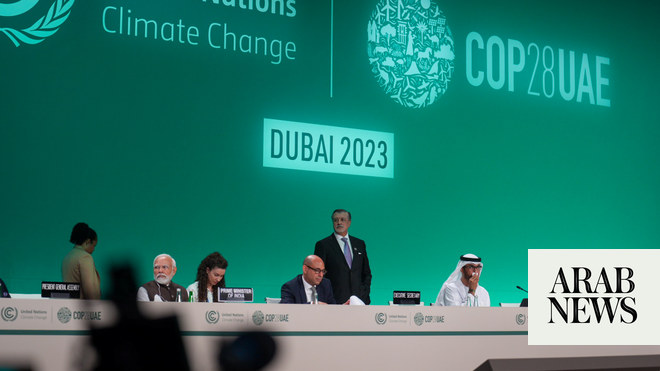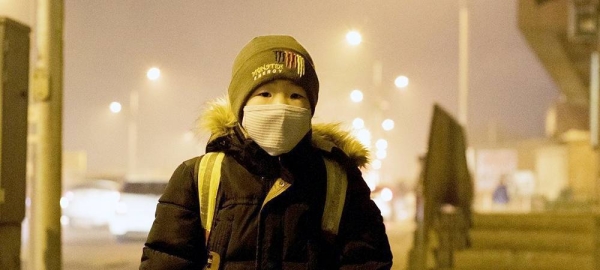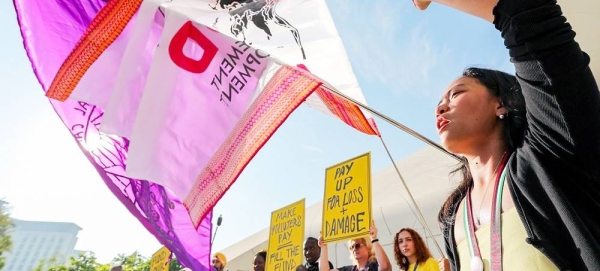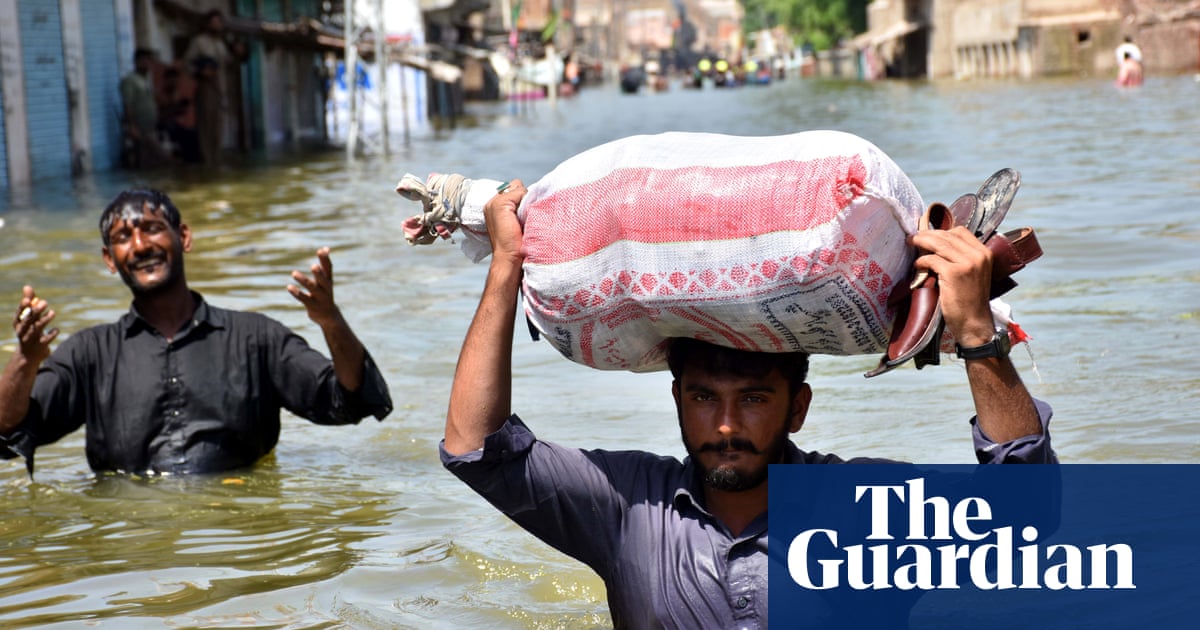
As we approach the COP28 UN climate summit, the debates surrounding what we must do versus what we are willing to do intensify. In the meantime, our planet continues to heat up. The recent Intergovernmental Panel on Climate Change report highlights the urgency of the climate crisis and the need for real solutions. However, in a world marked by geopolitical and economic divisions, this task becomes even more daunting.
One of the primary challenges confronting COP28 is bridging the implementation gap between negotiated agreements and real-world action. Previous conferences have set ambitious goals, but the translation of these goals into tangible policies and actions on the ground has been insufficient. COP28 must foster mechanisms that ensure effective implementation of commitments. Additionally, countries, especially those in the Global South, should be provided with adequate financial and technical support to enable them to implement their climate plans effectively.
The task of addressing climate change is further complicated by geopolitical and economic divisions. Global cooperation is vital and countries must recognize the interconnected nature of the climate crisis, as the impacts of climate change do not respect national borders.
National climate plans, known as Nationally Determined Contributions, need to be coherent with the global goals set by the Paris Agreement. However, many countries’ actions fall short of what they commit to. Therefore, G7 leaders recently called on parties to increase their ambition and enhance their NDCs before COP28.
By mobilizing the resources, expertise and innovation of the private sector, COP28 can unlock significant opportunities
Nickolay E. Mladenov
National efforts alone are not sufficient to tackle this crisis. The private sector plays a crucial role in driving climate action. COP28 needs to encourage greater private sector engagement and investment in sustainable solutions. By mobilizing the resources, expertise and innovation of the private sector, COP28 can unlock significant opportunities for transformative change.
Marginalized communities, indigenous peoples, women and youth are often disproportionately affected by climate change. Their perspectives and concerns must be central in our discussions and decision-making processes. Achieving climate justice means acknowledging historical responsibilities and ensuring that climate action is inclusive, fair and respects the rights of all people.
Furthermore, it is essential to recognize the importance of nature-based solutions in our fight against climate change. Reforestation, ecosystem restoration and sustainable land management all offer significant potential for both mitigation and adaptation.
Finally, we must recognize that climate change is not just an environmental issue but intersects with various social, economic and environmental factors. Poverty, gender inequality, biodiversity loss and other interconnected challenges are exacerbated by climate change.
As the world prepares for the COP28 conference in Dubai later this year, the UAE carries the huge responsibility as the host nation to help ensure the climate implementation gap is closed. And while that challenge is daunting, the UAE, with its ambitious climate targets, diplomatic relations and experience in delivering on sustainability initiatives, can make a significant impact. The nation’s notable investments in diverse energy sources, beyond oil and gas, exemplify a commitment to sustainable solutions. Its strategic geographic location and exceptional relations with African and Asian countries present a unique opportunity to foster a genuinely inclusive dialogue that transcends regional biases.
Recently, Sultan Al-Jaber, who will lead the climate talks, has been criticized by those who argue that his role as CEO of the Abu Dhabi National Oil Company represents a conflict of interest with his COP28 position. But the reality is that a deep knowledge of the energy sector is a vital qualification for anyone leading negotiations on how the world will transition from fossil fuels to renewables.
As someone who has worked with Al-Jaber for some time, it is clear to me that he possesses the qualities and experience necessary to lead the global climate change negotiations. In fact, well before assuming his role at ADNOC, Al-Jaber had already served as chairman of Masdar, a sustainable energy and development company, established well before others embraced renewables.
The UAE, with its commitment to sustainability and experience in renewable energy, plays a significant role as the host nation
Nickolay E. Mladenov
He can engage with diverse stakeholders, including fossil fuel industries, to find common ground and drive sustainable solutions. He also has a strong track record in spearheading sustainability initiatives, having championed renewable projects and clean technologies. As the UAE’s special envoy for climate change, Al-Jaber engaged with international partners and represented the UAE in global climate discussions.
While he may not be a diplomat in the traditional sense, given the state of global climate action, surely we need someone who can bridge gaps and bring a culture of innovation to a COP process that has long been criticized for falling short of setting ambitious targets and implementing effective measures to address the magnitude of the climate crisis.
Al-Jaber has clearly stated that “we need to match what is agreed in the negotiated text with concrete action in the real world.” This reflects the understanding that, while the COP negotiations process is crucial, it is also essential to translate the agreed-upon commitments into tangible action on the ground.
The challenges posed by climate change demand collective action, inclusive dialogue and effective implementation of commitments. By bridging the gap between negotiated agreements and real-world action, aligning policies at various levels of governance, engaging the private sector and fostering an inclusive environment, we can drive transformative change.
The UAE, with its commitment to sustainability and experience in renewable energy, plays a significant role as the host nation. Al-Jaber’s expertise and dedication to sustainability make him a valuable asset in climate change negotiations. By uniting diverse stakeholders and translating commitments into concrete action, we can work toward a sustainable future for our planet and future generations. It is time to turn words into meaningful change and address the magnitude of the climate crisis together.
Nickolay E. Mladenov is the Director General of the Anwar Gargash Diplomatic Academy in Abu Dhabi and a Visiting Fellow at the Washington Institute for Near East Policy. He is a former UN Under Secretary General and Foreign Minister of Bulgaria. Twitter: @nmladenov
Copyright: Syndication Bureau
Disclaimer: Views expressed by writers in this section are their own and do not necessarily reflect Arab News" point of view












